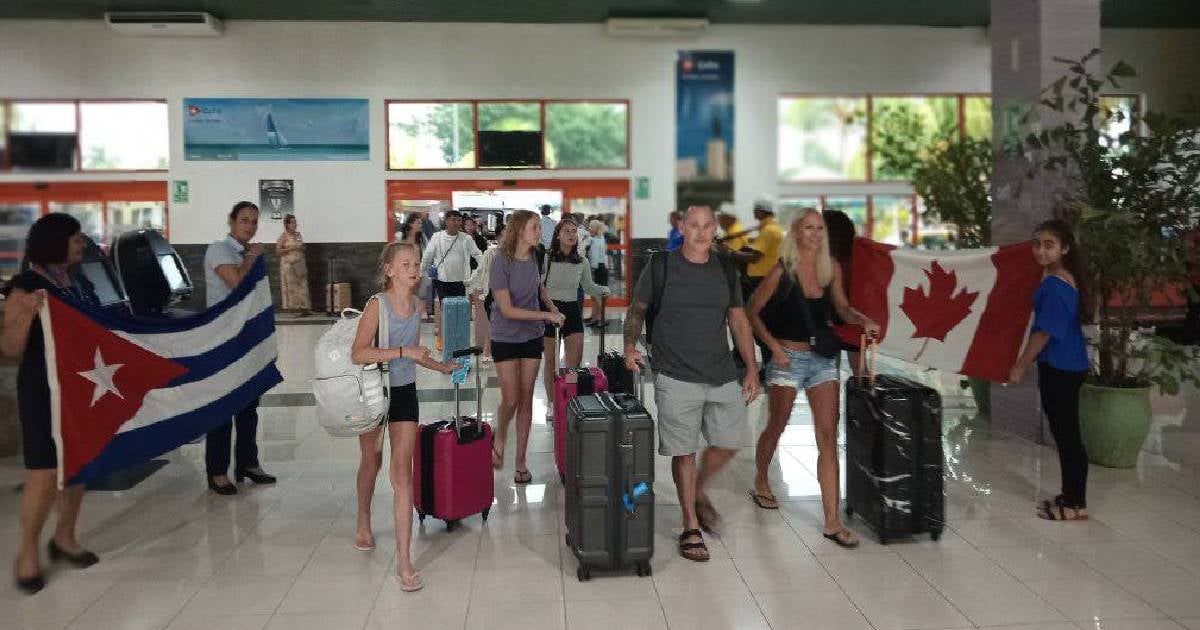
The Canadian government recently issued a new health advisory for its citizens wishing to travel to Cuba, focusing on precaution against dengue.
"In many tourist destinations, increasing numbers of dengue cases are being reported," stated the northern country in an update on its government page dated August 26.
Canadian authorities describe dengue as "a risk in tropical and subtropical climates around the world, especially in urban and semi-urban areas. Depending on the destination, the risk of dengue can change according to the season (i.e., it is higher during the rainy seasons) and can vary from year to year."
For this reason, they recommended that their citizens consult a healthcare professional or visit a travel health clinic at least six weeks before traveling.
However, the alert, although it does not mention it, is also issued due to the circulation of the Oropouche virus, which has put the Cuban health system under tension.
Specifically, Dr. Francisco Durán, the national director of Hygiene and Epidemiology in Cuba, described the current epidemiological situation in the country as "complex" due to the co-circulation of multiple viruses, including influenza, dengue, and oropouche.
The specialist confirmed that the oropouche virus has had a significant increase in cases; and explained that although it was considered relatively benign, recent experiences have shown that this disease can cause serious complications in some patients, cited the Cuban News Agency.
All this circulation occurs during a period in which the country lacks the necessary resources to confront various diseases.
Durán himself has previously stated that the country lacks fuel to spray against mosquitoes, the main culprits of this disease. There is also no communal hygiene in the Cuban streets.
In May of this year, the Canadian government had warned its citizens who wish to travel to Cuba about the risks associated with tourism in a country with critical levels of scarcity, insecurity, and deterioration of hotel infrastructure and public services.
The highest level alert was issued after the incident involving the family of Faraj Allah Jarjour, a sixty-year-old Quebec resident who passed away in Cuba and whose family reported the island's officials for the loss of the body when trying to repatriate it to Canada. The body of the Canadian citizen was found in Russia.
What do you think?
COMMENTFiled under: